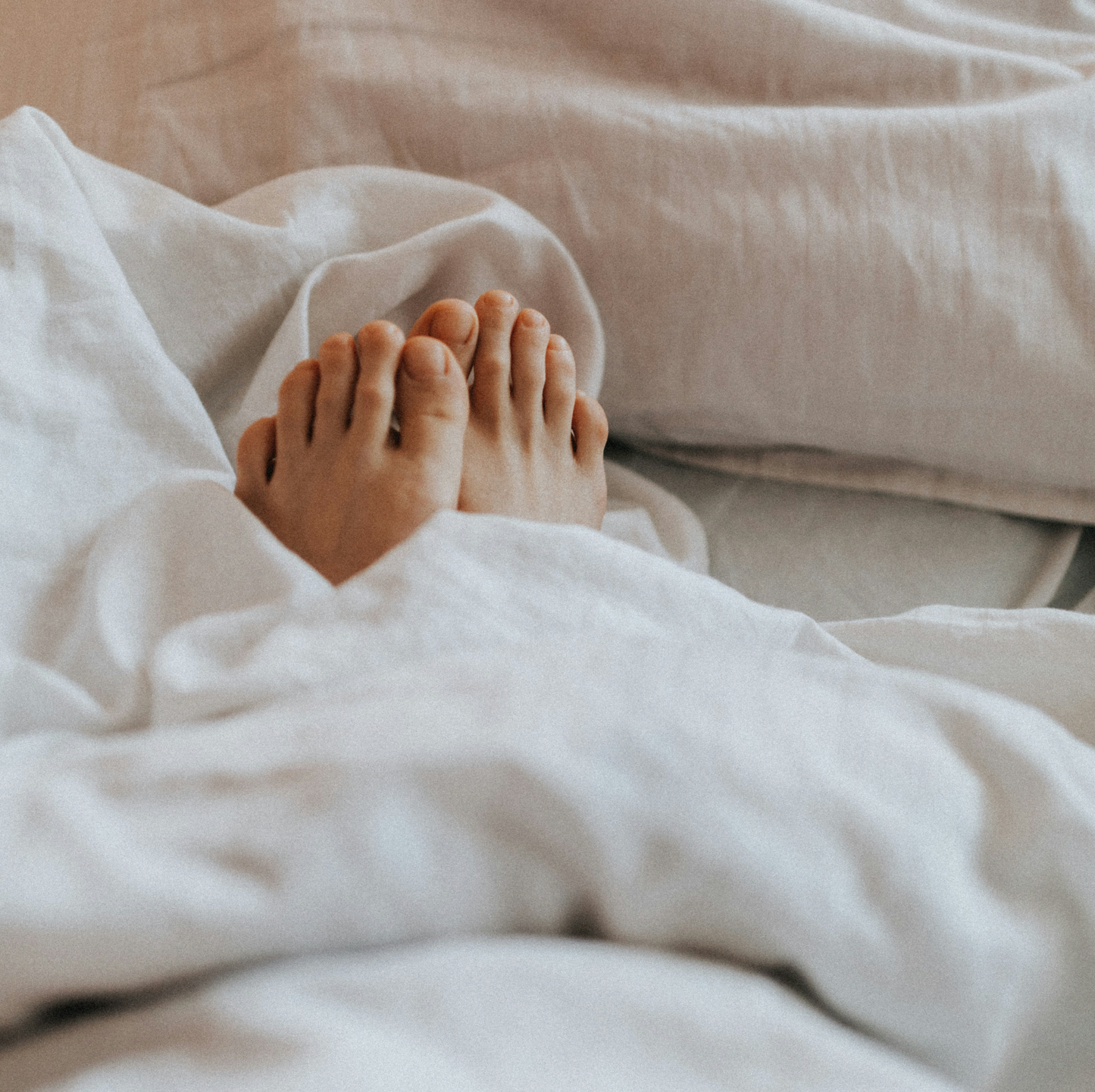
Sleep plays a significant role in male fertility, influencing various aspects of reproductive health. Here's an overview of the impact of sleep on male fertility.
POSITIVE IMPACT of RESTFUL SLEEP HABITS
- Hormonal Balance: Adequate sleep is crucial for maintaining healthy hormone levels, including testosterone. Testosterone is essential for sperm production, and disruptions in its levels due to sleep deprivation can affect fertility
- Sperm Quality: Studies have shown that sufficient sleep is associated with better sperm quality, including higher sperm count, motility, and morphology. Sleep deprivation or poor sleep quality can lead to oxidative stress and inflammation, which are detrimental to sperm health.
- Reproductive Hormone Regulation: Sleep helps regulate the secretion of reproductive hormones such as luteinizing hormone (LH) and follicle-stimulating hormone (FSH), which are involved in sperm production and maturation
- Libido: Restful sleep is linked to higher libido and sexual function, which can positively impact fertility by increasing the frequency of sexual activity.
NEGATIVE IMPACT of POOR SLEEP HABITS
- Hormonal Imbalance: Chronic sleep deprivation or poor sleep quality can disrupt hormonal balance, leading to lower testosterone levels and higher levels of stress hormones such as cortisol, which can impair sperm production and fertility
- Sperm DNA Damage: Sleep disturbances have been associated with increased sperm DNA damage, which can affect fertility and increase the risk of miscarriage and birth defects.
- Erectile Dysfunction: Lack of sleep can contribute to erectile dysfunction (ED) or impotence, which can affect sexual function and fertility.
References:
- Penev, P. D. (2012). Association between sleep and morning testosterone levels in older men. Sleep, 35(4), 527-532. DOI: 10.5665/sleep.1742
- Markwald, R. R., Melanson, E. L., Smith, M. R., Higgins, J., Perreault, L., Eckel, R. H., & Wright, K. P. (2013). Impact of insufficient sleep on total daily energy expenditure, food intake, and weight gain. Proceedings of the National Academy of Sciences, 110(14), 5695-5700. DOI: 10.1073/pnas.1216951110
- Jensen, T. K., Andersson, A. M., Skakkebaek, N. E., Joensen, U. N., Jensen, M. B., Lassen, T. H., ... & Jørgensen, N. (2013). Association of sleep disturbances with reduced semen quality: a cross-sectional study among 953 healthy young Danish men. American Journal of Epidemiology, 177(10), 1027-1037. DOI: 10.1093/aje/kws361
- Schmid, S. M., Hallschmid, M., Jauch-Chara, K., Wilms, B., Benedict, C., Lehnert, H., ... & Born, J. (2012). Short-term sleep loss decreases physical activity under free-living conditions but does not increase food intake under time-deprived laboratory conditions in healthy men. The American Journal of Clinical Nutrition, 96(1), 147-156. DOI: 10.3945/ajcn.111.025957









